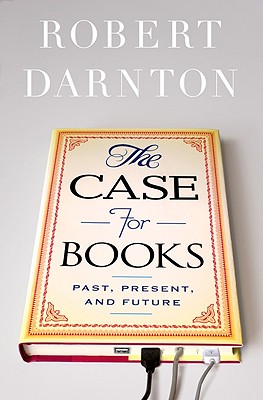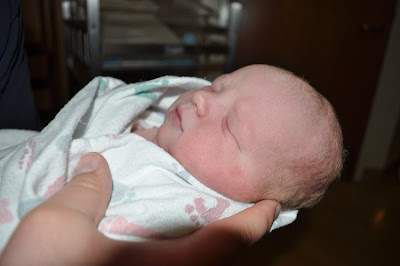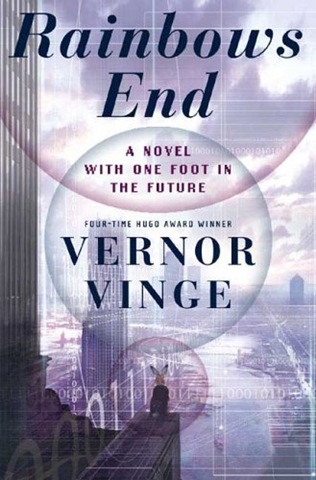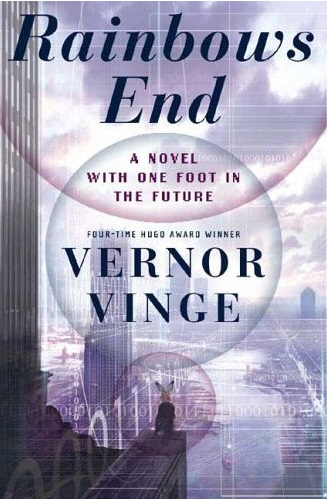As constant learners, we need to remember that there is much to learn from those who have different experiences and personalities than ours. A great place for this learning to take place is in online discussion forums or the comment section of a blog post. Effective learning takes place when the learning environment is learner-centered, knowledge-centered, assessment-centered, and community-centered. "Interactivity has been considered as central tenet to the concept of 'online learning theory' (Balaji 3)." Online resources, such as online discussion forums and blogs, allow learners to reflect upon their thinking. The learning experience becomes individualized by this deep level learning and "new knowledge structures." These methods of learning communication allow students to learn at their own pace and according to their interests, previous knowledge, and style. Feedback is important for the smooth-functioning of these online learning centers.

Also, the community or social component presented on these sites play a huge role in online learning. Interaction on these online sites give learners a sense of community or social connectivity. As learners explore and discuss a subject, relationships are formed between the participants. "Previous research has shown that learning communities exhibit increased student learning, and course satisfaction (Balaji 3)." Learning effectiveness, in using online discussion forums, is influenced by the interactions and communication that take place. The level of interaction that takes place depends on the learning environment, learning process, and learner characteristics. The lack of nonverbal cues in online discussion forums may lead to less intense interactions, but the lack of cues may unbind the social hierarchy in the online environment, enabling users a more equal footing.

This is one of my favorite excerpts from the article. It speaks about how preparation and personality affect the learner's contribution to online discussion forums:
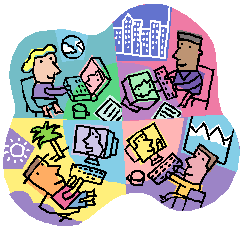
"Previous studies report adequate student preparation in using the online discussion forums and easy navigation function of the forum to increase contribution. For example, Tsai (2004) in his study on students’ information search strategies found that students with high internet efficacy learned better and performed their online learning tasks more efficiently. Whereas, low internet efficacy users find it challenging in searching for the information to complete online tasks and thus may show lower motivation. Furthermore, the student’s personality characteristics can influence their online participation. Studies investigating individual personality and internet behavior have revealed that introverted students to be more able to communicate with others in online environment than face-to-face (Amichai-Hamburger, Wainapel and Fox, 2002). Chen and Caropreso (2004) in their study investigated the effect of three personality traits – extroversion, agreeableness and openness – on online discussion. Contrary to the early findings, the results report that students classified as “low” on these personality dimensions posted messages that were one-way and unrelated or slightly related to the discussion topics. Extroverts, because of their strong need for gratification and higher success rate of interaction are more likely to participate in ODFs (Balaji 6)."

The poster of a topic also plays a role in the learning process. The poster posts interesting and relevant topics to get fellow learners involved. The poster has “the responsibility of keeping discussions on track, contributing special knowledge and insights, weaving together various discussion threads and course components, and maintaining group harmony (Balaji 6)”. Constant interactions between poster and learner help raise the learner's comfort level with technology and encourages them to be more proactive. Just like the learner-learner social element, the poster-learner relationship also needs to be maintained and strengthened to create a better learning environment. The immediacy of feedback in the online environment gives a greater opportunity to communicate with other learners. The sense of connectedness among the learners increases the interactions in the online environment. Media richness theory argues that using appropriate media will improve task performance. Online discussion forums are built as effective learning communities; which if we will utilize them, we can grow and learn from one another.


















